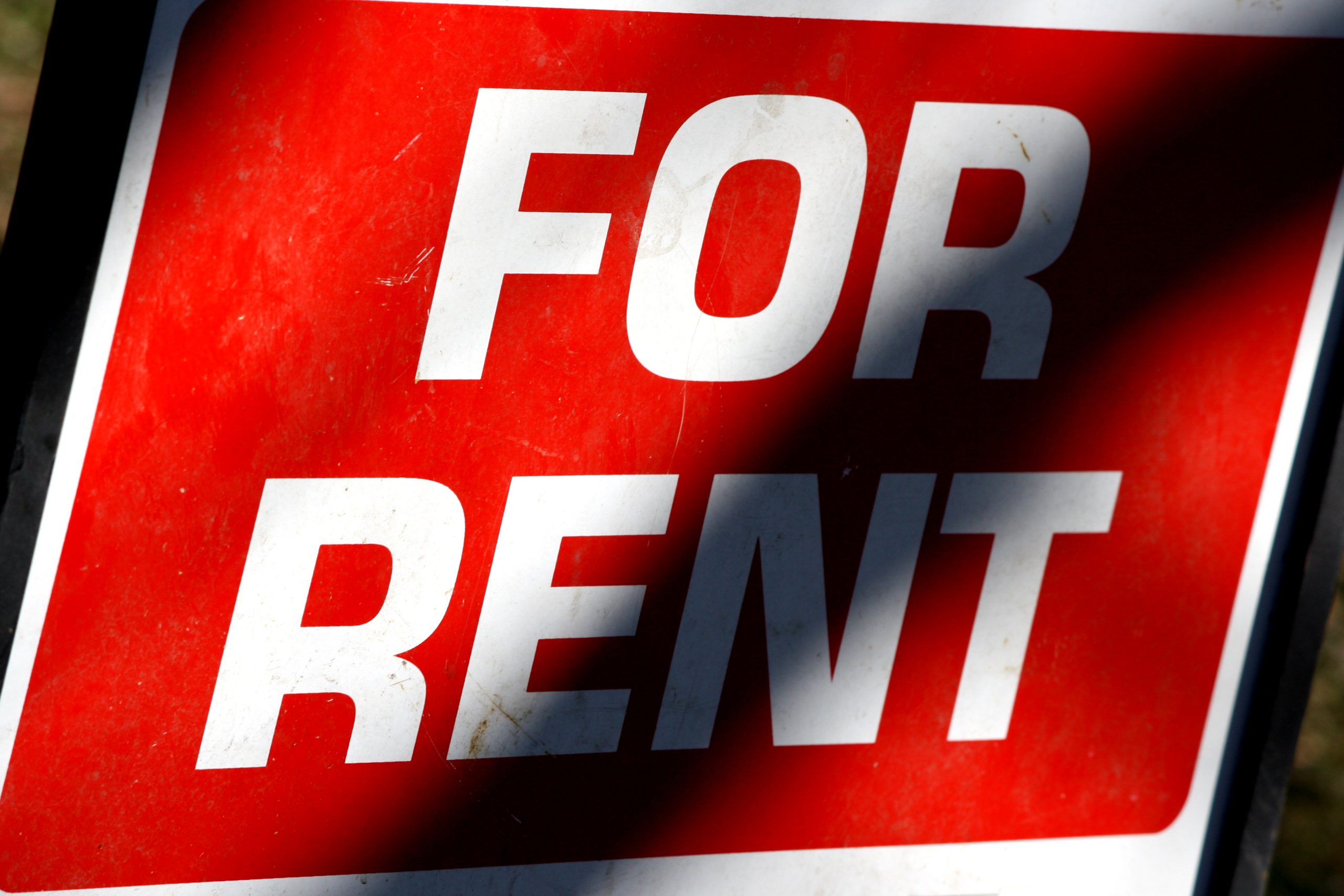Renters facing evictions or rent hikes at the end of the month will get another reprieve from the provincial government.
The province intends to pass legislation extending the freeze on rent hikes in B.C. to the end of the year.
The changes will also cap future rent increases to inflation, stop illegal renovictions, and, the province says, “make the dispute resolution process better for tenants and landlords.”
“The changes mean no more tenants will face eviction notices for phoney renovations that were never going to happen,” said Spencer Chandra Herbert, MLA for Vancouver West-End, on behalf of David Eby, Attorney General and Minister Responsible for Housing.
“By putting an end to this kind of bullying behaviour, meant to drive out long-term tenants and jack up the rent, we’re protecting renters and supporting rental housing providers who do proactive maintenance of their rental homes.”
Landlords will have to apply to the Residential Tenancy Branch (RTB) before they can terminate a tenancy agreement for the purpose of renovating.
In addition, landlords will not be able to end tenancies for renovations that are not substantial or do not require the rental unit to be vacant.
These changes, if passed, will come into effect on July 1st.
With the province having already introduced and extended a rent freeze during COVID-19, the new legislative changes to freeze rents until the end of the year will mean all renters who have received notice of a rent increase that would have taken effect after March 30th, and before Jan. 1, 2022, can disregard those notices.
Starting in 2022 and beyond, rent increases will be capped at the rate of inflation.
“We know many people who rent in our communities have been challenged by high rents,” Chandra Herbert said. “That’s why our government cut rent increases almost in half by capping them to inflation, and then when the COVID-19 pandemic hit, we stopped rent increases altogether and now we’re extending that to the end of 2021. We know there’s more to do, but with these new changes, we’re continuing to make progress.”
The province says that prior to 2017, the maximum allowable rent increase was as high as 4.3 percent, well above inflation.
The B.C. government adds that the proposed changes are also “a further step” to address the Rental Housing Task Force (RHTF) recommendations.
Other proposed changes to the Residential Tenancy Act and the Manufactured Home Park Tenancy Act include:
- expanding the scope of administrative penalties the Compliance and Enforcement Unit can levy, including for giving false or misleading information in a dispute resolution proceeding or investigation;
- improving fairness in the residential tenancy dispute resolution process by expanding grounds for the RTB to review arbitrator decisions; and
- clarifying language in the Manufactured Home Park Tenancy Act to address conflicts between park rules and tenancy agreements.






